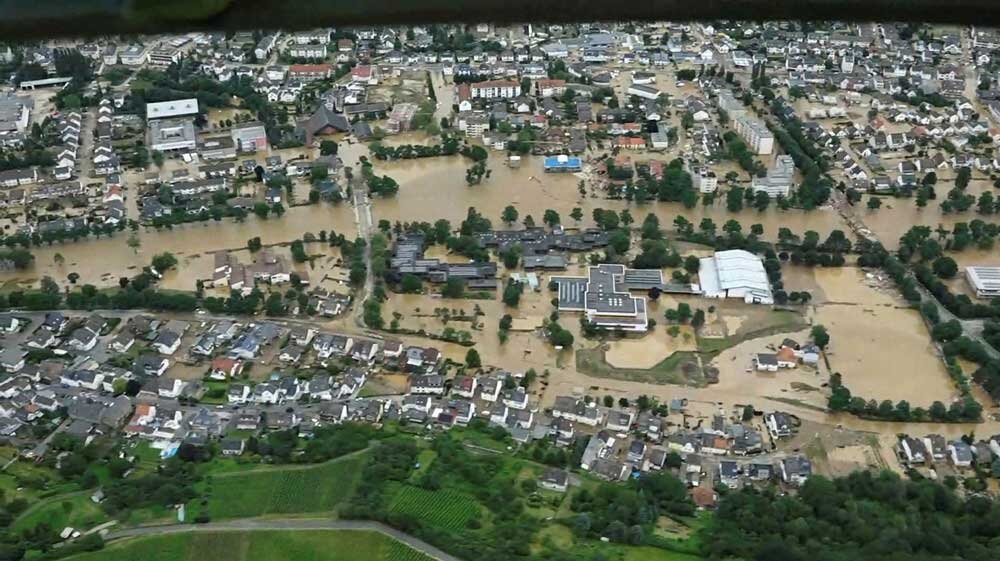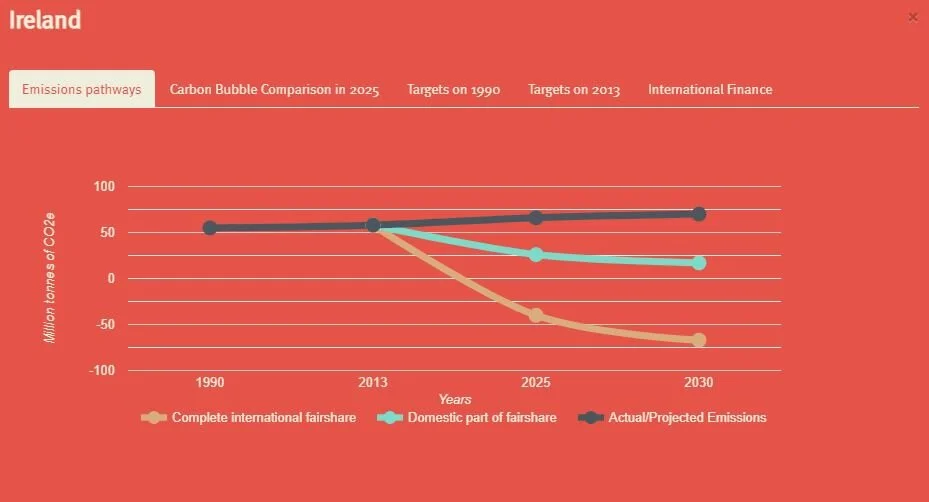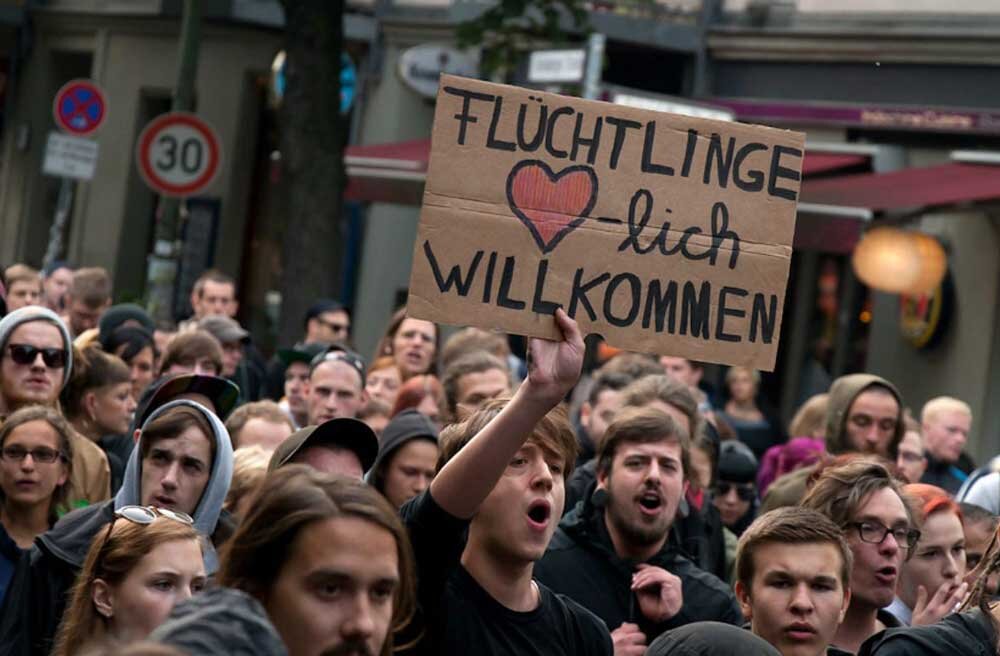
Cost vs Value
The Need To Look Beyond Finances In The Face Of The Climate Crisis
We are fast approaching the Irish Government’s Budget announcement, where they will declare their funding for 2022 and beyond for everything from social care, to carbon taxing.
While the announcement is still more than a fortnight away at the time of publication, there has already been heated debate about whether subsidies for electric cars should be maintained or cut – despite clear evidence that cuts have reduced uptake in other countries.
Today we look at the importance of understanding the difference between cost and value, and why this is a critical distinction in the face of the Climate Crisis.
EV Incentives
“Electric car grants, tax breaks to be reviewed as cost to State of continuing supports could rise to over €1.2bn for just 100,000 EVs”.
That was a recent headline in the Irish Independent, which detailed the findings of a report by the EV Policy Pathway Working Group. Needless to say from the tone of the headline that the article was overtly negative about the importance of EVs, and made only a minor mention of the importance of battery electric vehicles in cutting Ireland’s horrifically high greenhouse gas emissions.
The article also neglected to mention that the Irish Government funded the fossil fuel industry to the tune of €2.4 billion in subsidies as recently as 2019.
With this important context, we suddenly see that incentives for EVs may reach €1.2bn – half the amount of the actual, confirmed cost of subsidies for fossil fuel companies – as a cost to the taxpayer “in the medium term.”
Yet the article made no reference to the importance of battery electric vehicles in cutting emissions, improving air quality, and the impact on public health.
With Ireland reporting the third worst greenhouse emissions in the EU, according to the CSO, we can now see that there is greater value for EV incentives beyond their actual cost.
Irish cars produced 6 million tonnes of CO2 in 2018 alone. This has hugely detrimental effects on public health and the nation’s ability to meet Climate Crisis targets.
Cost vs Value
It has been clear for some time that delaying action on the Climate Crisis will only increase the cost of tackling it further down the line – a sentiment compounded in the IPCC’s latest report.
The International Monetary Fund has stated that Ireland will need to invest €20 billion annually for the next decade in climate-related infrastructure and mitigation measures to achieve the emissions reduction targets set out in the Climate Action Bill.
While that might sound like an enormous amount of money, it accounts for just 5% of the nation’s GDP, and that cost will only go up without action.
Then there’s the associated costs of dealing with insurance payouts for homes affected by Climate Crisis-related flooding, coastal erosion, the thousands who already die from poor air quality each year, housing the billions of people who will be displaced by the Climate Emergency.
To put this into a broader context, the impact of the Climate Crisis is likely to cost the global economy upwards of €6.75 trillion ($7.9 trillion) by 2050.
Let us be clear, there is already a heavy cost associated with the Climate Crisis. But there is inherent value in tackling it, and that value can also lead to economic returns.
Transport accounts for 20% of Ireland’s total greenhouse gas emissions. Yet we have the opportunity to cut this significantly - if only we increase the incentives on offer. Credit: EPA
A great example of cost versus value is in renewable energy. The cost of solar photovoltaic cells has dropped by 82% over the past decade, and overall the cost of renewable energy is cheapest source of energy generation.
While it may cost money to install renewables en masse, it is less than the cost of installation of other energy forms, and the Irish Government would be saving significant money year-on-year through reduced maintenance costs.
Yes setting up a clean, renewable-based grid will cost money, but the value to meeting emissions targets, improving public health, and reducing spend on maintenance offers great value.
Especially for second-hand electric vehicles, and with greater emphasis on supports for lower income people.
Sure battery electric vehicles are not an answer to the Climate Crisis in themselves. They will not tackle congestion, nor lower the amount of land taken up in urban areas for parking – in this way they cannot hold a candle to investment in public transport and active travel.
Yet, there is great value in EVs. They will reduce the 6 million tonnes of CO2 produced by Irish cars every year, improve air quality, and offer more affordable mobility for people who use cars – with running costs around 74% lower per year compared to an internal combustion engine vehicle.
They also offer the potential to break free from fossil fuels in the transport sector, running our entire nation’s vehicles on renewable energy – with transport accounting for 20% of Ireland’s emissions, this would take us a long way to our greenhouse gas emissions targets.
Moreover, they offer the opportunity to address energy poverty, by offering cheaper, clean transport for lower-income families, and the potential to run lower-income homes from EV batteries so that people can avail of energy from the grid when it is cheapest and has the lowest carbon intensity.
They also represent the opportunity to kick-start a new circular economy that reduces waste, recovering EV batteries when they are retired and using them to store renewable energy produced from rooftop solar and wind energy in homes and businesses.
But this is only possible if we retain and improve our incentives.
As of September 2021, the average cost of a new EV to the consumer is €47,300 – just slightly below the average annual salary of €49,000 in Ireland. The current €10k subsidies are only being used by people who have financial mobility, and it is essential that we make both new and used EVs substantially more affordable for lower income people.
This graph shows how much Ireland needs to lower its emissions to meet climate targets and keep global temperatures below 1.5C increase (international fair share). Credit: Climate Fair Share
Furthermore, it is essential that we start to see EVs as an agent of tackling the Climate Crisis, and not just as a cost – but as a shift in perspective where we place a greater emphasis on the social value of tackling issues.
Time is running out, but we have the means and money to tackle the Climate Crisis, if we are willing to change our emphasis to value over cost.
What To Read Next
How To Calculate Your Carbon Footprint
Find out how to measure your carbon footprint so that you can better understand your impact on the climate crisis, and take steps to reduce emissions
IPCC Report: Window To Act On Climate Crisis Closing Fast
Find out why we're in the midst of a Climate Crisis, rather than living alongside Climate Change - and why this matters for encouraging climate action






